In the policy report of the Tax Administration Law project (replacement), the Ministry of Finance proposed a group of policies to innovate management methods for micro-enterprises including business households and individual businesses.

The Ministry of Finance proposes new regulations for business households and individual businesses. (Illustration photo)
Regarding policy implementation solutions, the Ministry of Finance clearly stated that it would remove the regulation on lump-sum tax for business households and individual businesses and supplement the regulation that business households and individual businesses apply the mechanism of self-declaration and self-payment of tax according to the direct tax calculation method (percentage of revenue) consistent with the provisions of the Law on Value Added Tax (VAT) and the Law on Personal Income Tax (PIT).
The drafting agency proposed to supplement regulations on accounting and invoice regimes, assigning the Government to provide detailed regulations in the direction that for business households and business individuals with revenue of 1 billion VND/year or more, apply a simple accounting regime like small and medium enterprises according to Circular 88/2021/TT-BTC.
Apply electronic invoices with tax authority codes (for business households selling goods and providing services directly to consumers, they must use electronic invoices generated from cash registers connected to transfer data to tax authorities from June 1 according to regulations in Decree No. 70/2025/ND-CP or electronic invoices without tax authority codes).
For business households and individuals with revenue subject to VAT (from 200 million VND/year to less than 1 billion VND/year), electronic invoices with or without codes from the tax authority will be applied, or electronic invoices generated from cash registers if the business household has the conditions to do so, or payment bills that meet the conditions for electronic invoices, or simple invoices that allow business households to create "electronic sales receipts" via app, Zalo, SMS, or forms with QR codes according to Government regulations.
The above regulation is proposed to be applied in the period from January 1 to December 31. Business households must also implement a roadmap to apply electronic invoices generated from cash registers with data connection to tax authorities.
The Ministry of Finance also proposed to amend and supplement regulations on principles for applying electronic invoices. Accordingly, from the beginning of 2027, business households and business individuals with annual revenue of VND 800 million or more when selling goods and providing services directly to consumers must apply invoices generated from cash registers connected to tax authorities.
By early 2028, business households and business individuals with a revenue threshold subject to value-added tax of up to VND 800 million when selling goods and providing services directly to consumers must apply invoices generated from cash registers connected to tax authorities.
According to the Ministry of Finance, the above tax management method will have a positive impact on budget revenue. By the end of December 2024, the country will have about 3.6 million business households and individual businesses under tax management, of which the total number of stable business households is 2.2 million.
The average lump-sum tax rate is currently around 672,000 - 700,000 VND/month/household, while the average tax rate according to the declaration method is around 4.6 million VND/month/household, which is nearly 7 times higher.
The total contribution of business households to the state budget in 2024 is about VND 25,953 billion. Thus, lump-sum tax is still the most popular method for individual business households, but the tax collected from the declaration method is many times higher than that of lump-sum tax. This shows the big difference in reflecting actual revenue and tax obligations between these two forms.
According to the Ministry of Finance, from June 1, business households with revenue of VND1 billion/year or more will have to switch to tax declaration and use electronic invoices. At the same time, from January 1, 2026, the lump-sum tax form will be officially abolished and replaced by the declaration method to make business activities transparent and increase tax management efficiency.
" Abolishing the lump-sum tax and switching all business households to self-declaration and self-payment of taxes based on actual revenue is necessary to ensure correct and full collection, limit budget losses, especially for households with large revenue but previously paid low taxes due to the application of fixed lump-sum tax rates ," the Ministry of Finance stated.
Business households will have to fulfill tax declaration obligations according to current regulations, use electronic invoices in sales and service transactions, and apply simple accounting books to record revenue and expenses for tax calculation.
According to the drafting agency, eliminating lump-sum tax not only increases transparency but also opens up opportunities to upgrade business households to become enterprises. When required to follow the declaration method, business households will gradually become familiar with systematic financial management - an important premise for developing into small and micro enterprises, thereby accessing business support policies according to Resolution 198/2025/QH15.
By completely eliminating the lump-sum tax, the Ministry of Finance said this solution would end the serious injustice in which the tax rate of a declared household is up to 7 times higher than that of a lump-sum tax, thereby effectively preventing budget losses from large businesses.
Source: https://vtcnews.vn/bo-tai-chinh-de-xuat-cach-quan-ly-thue-moi-voi-3-6-trieu-ho-kinh-doanh-ar948328.html













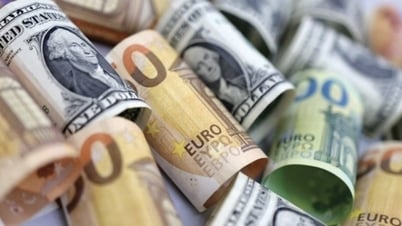









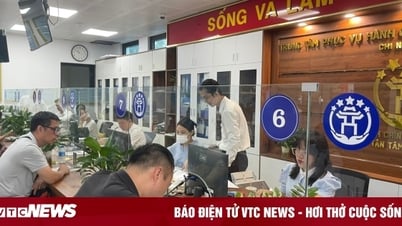

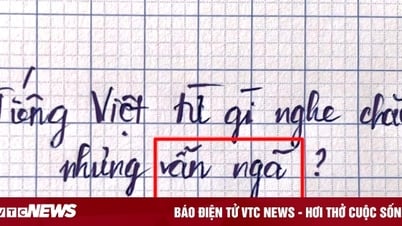







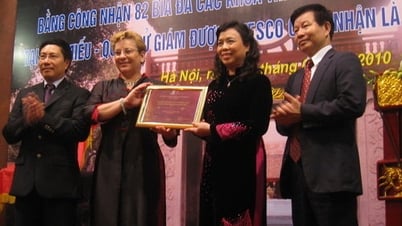



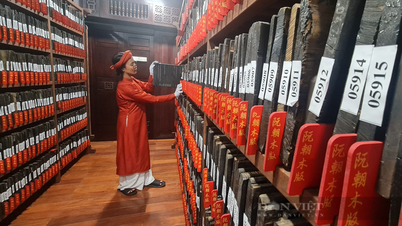









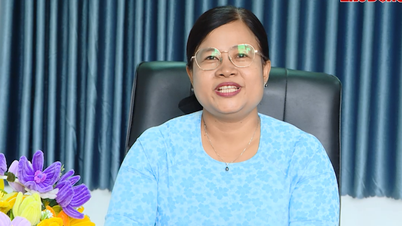
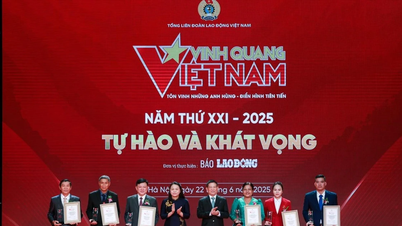



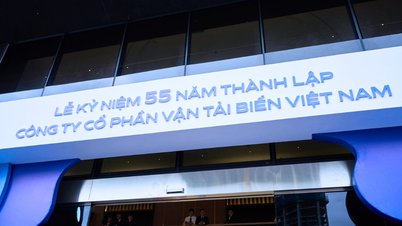


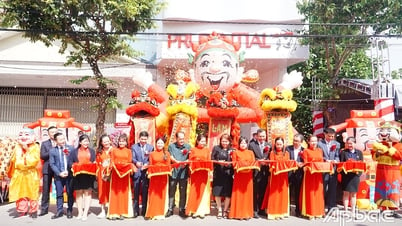














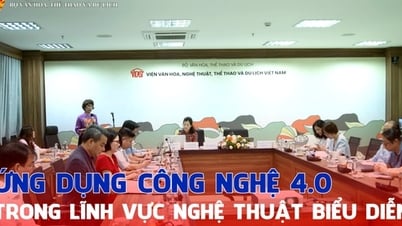











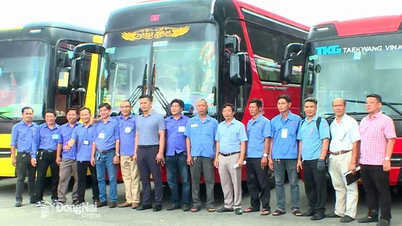









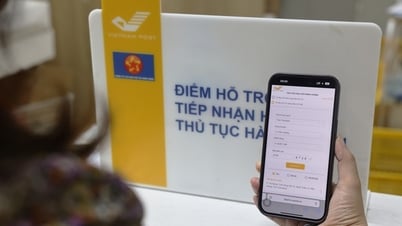
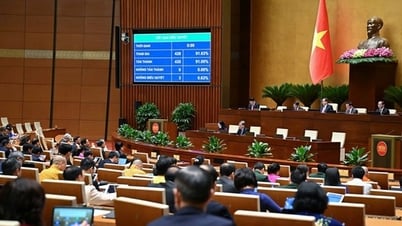





Comment (0)